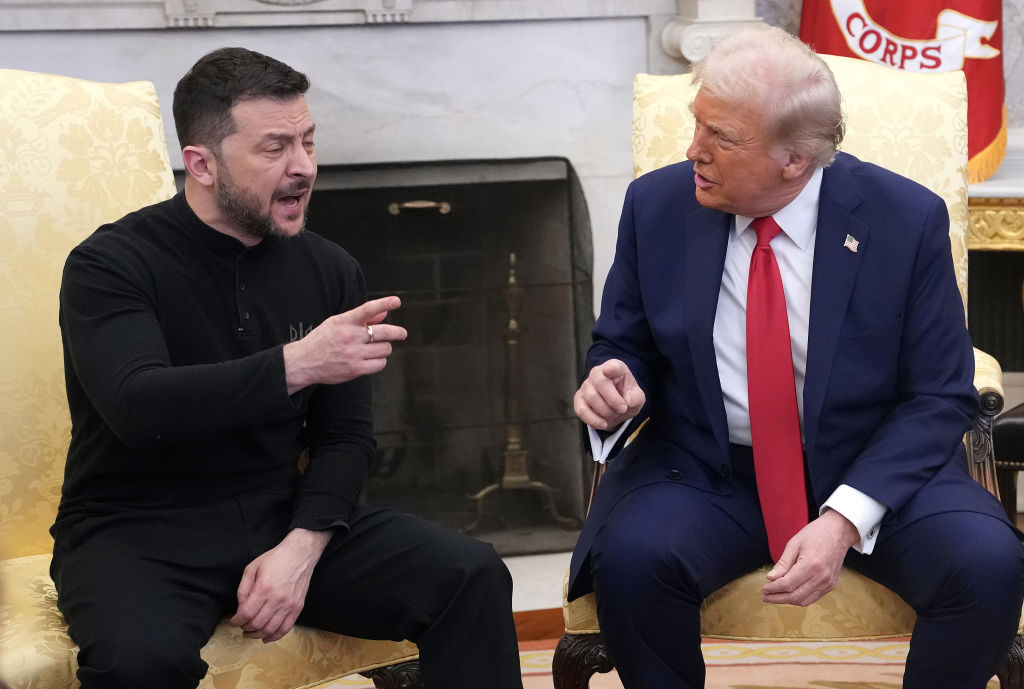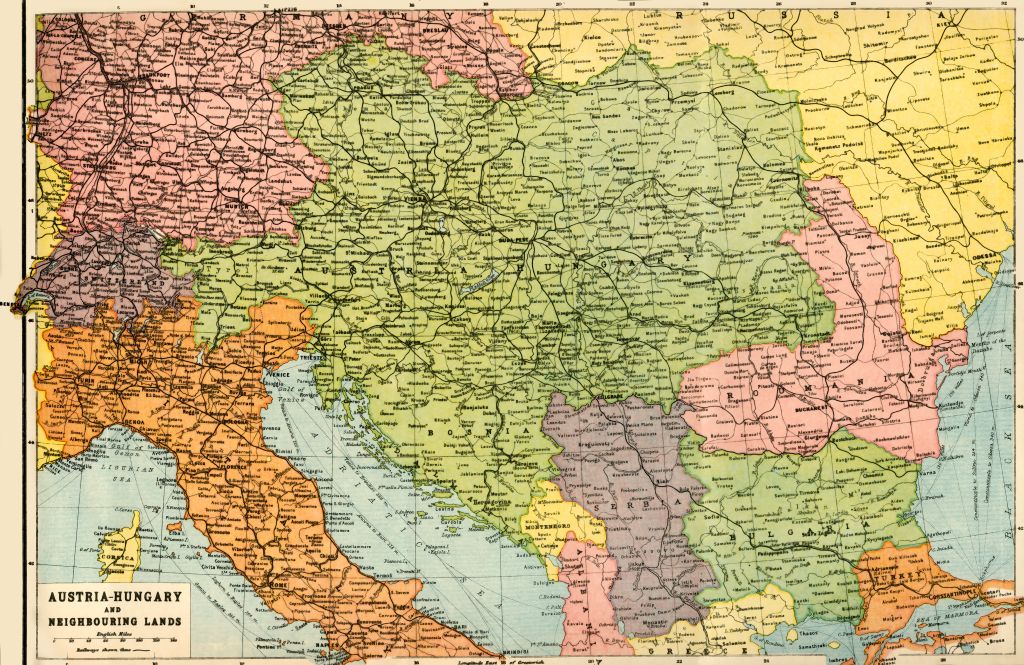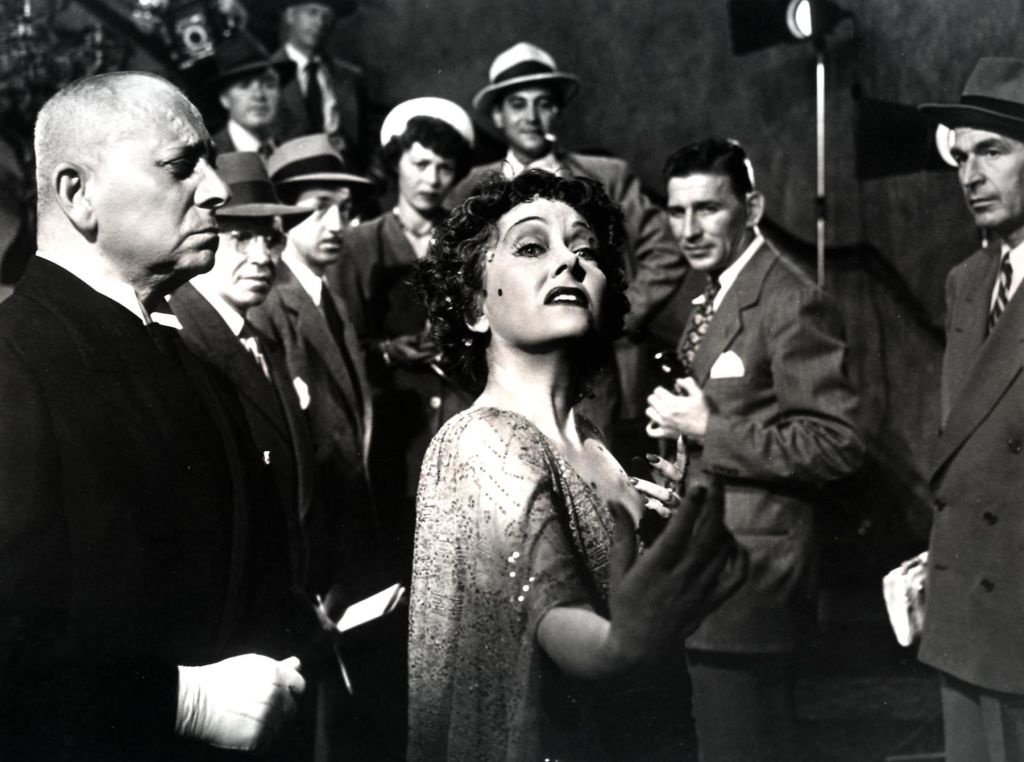On June 5 in Brussels, a duo were arrested for disturbing the peace. The pair, a man and a woman, were not assaulting anyone, nor were they threatening anyone. If anything, they were threatened, having been surrounded by an angry mob. What had they done to upset everyone?
It turns out they were holding signs. One declared that children could not consent to puberty blockers. The other said that no one was born in the wrong body. For this, the police – whom the pair themselves had called, feeling threatened by an angry leftist mob which had gathered – detained them, strip-searched them, and took their signs to be destroyed.
This may seem like an overzealous case of a single group of police officers (not that that would be excusable in the first place). But it’s not: It is a consistent pattern of European states, on a national and supranational level, to destroy any pretence to free speech.
Belgium has been home to all sorts of egregious speech violations. Last year, officials sought to ban the right-wing NatCon meeting from being held in Brussels. After being hounded out of multiple locations, it was only allowed to go on after a petition was made to Belgium’s high court late at night. The court ruled that the threat to public order that officials claimed the conference would cause “seems to be derived purely from the reactions that its organisation might provoke among opponents.” For whatever reason, the police forgot this when arresting the sign-holding duo.
There are a laundry list of examples across the continent. In neighbouring Germany, a 16-year-old girl was taken out of her class and interrogated by police for posting a pro-Alternative for Germany (AfD) meme on TikTok. One German man’s house was raided because he called a government minister a “moron” online. In one region, 3,500 people were arrested for online speech in a single year – many for simply insulting their political leadership. In another case, an AfD politician was arrested and charged for “inciting hatred” by posting (accurate) statistics which revealed that Afghan asylum seekers make up a proportionally large amount of sex crimes in Germany.
Going south, Austria famously arrested a woman way back in 2009 for daring to call Islam’s main prophet, Muhammad, a paedophile, during a seminar on Islam. She said he “liked to do it with children,” and, going further exact, extremely milquetoast quote, said, “… A 56-year-old and a six-year-old? … What do we call it, if it is not paedophilia?” Some tried to correct her by saying Muhammad’s wife was actually nine, which – to borrow a phrase which is illegal in Germany – is an absolutely “moronic” defence. Horrifyingly, Europe’s top court – the European Court of Human Rights – found in 2018 that her speech was not protected.
Traveling outside the European Union briefly, we get to the United Kingdom, whose police force has become seemingly dedicated to arresting people who say mean things online. Even the liberal Economist has become concerned over Britain’s bizarre anti-free speech turn, writing that the British police charge “more than 30 people a day for online posts.” People have been arrested for criticising protestors and even for sending messages in personal chats.
All of these cases are genuinely troubling, but the latest sign-holding case in Brussels may summarise them all perfectly.
For one, there is objectively nothing incorrect about what the sign-holders were saying: No young child can fully comprehend what it will mean not to go through puberty. This is an obvious fact ignored only by ideological leftists. Even if one thinks that puberty blockers are okay to use for children, a child objectively cannot comprehend what they are doing to their bodies. We don’t allow 13-year-olds to get tattoos for the same reason. The pair in Brussels were arrested for simply telling the truth, albeit one disliked by those who govern us.
Secondly, the idea that people are born in the wrong bodies is something which is not in any way settled in the body politic of the West. The populist-right is doing extremely well right now specifically because people are tired of being forced to accept lies as truth. One comprehensive poll taken in Britain, on the trans issue, tells the story: In almost all categories, people are now more sceptical of transgender issues than they were a few years ago. A majority of those in the UK do not support people being able to change their gender, and opposition to puberty blockers and hormone treatment for those under 16 scores above 60 per cent for all age groups. We have no reason to believe that Belgium, which recently put a right-wing party in power, thinks differently. So even if our sign holders were somehow incorrect about what they were saying, they would still be supported by a clear majority of the West.
Thirdly – and most importantly – the sign-holders were mainly arrested because it seemed to the police that their actions might make people angry. For a society which prides itself on so-called liberalism, this is perhaps the least liberal thing of all.
Fundamentally, in liberal democracy, the state exists to protect individual liberties, like the right to free speech or to protest. That means the police should exist to protect those who say things which might make other people mad, in order to guarantee that those rights exist. This does not mean the police need to, for example, protect violent protestors. But if the police are instead going to arrest people for hurting feelings, then Belgians, and Europeans as a whole, are simply no longer living in liberal democracies. They are living in progressive democracies, where elections and public policies must always and inevitably result in progressive policies and the police must exist to enforce progressivism.
The entire point of liberal democracy, in a sense, is to not have to cow to the mob when it comes to protecting key rights. If liberals around the West do not realise this – and continue to equate liberal democracy with progressive democracy – they should not be surprised when their populations reject both.





As Europeans are arrested for what they say, how ‘free’ is Europe’s speech?